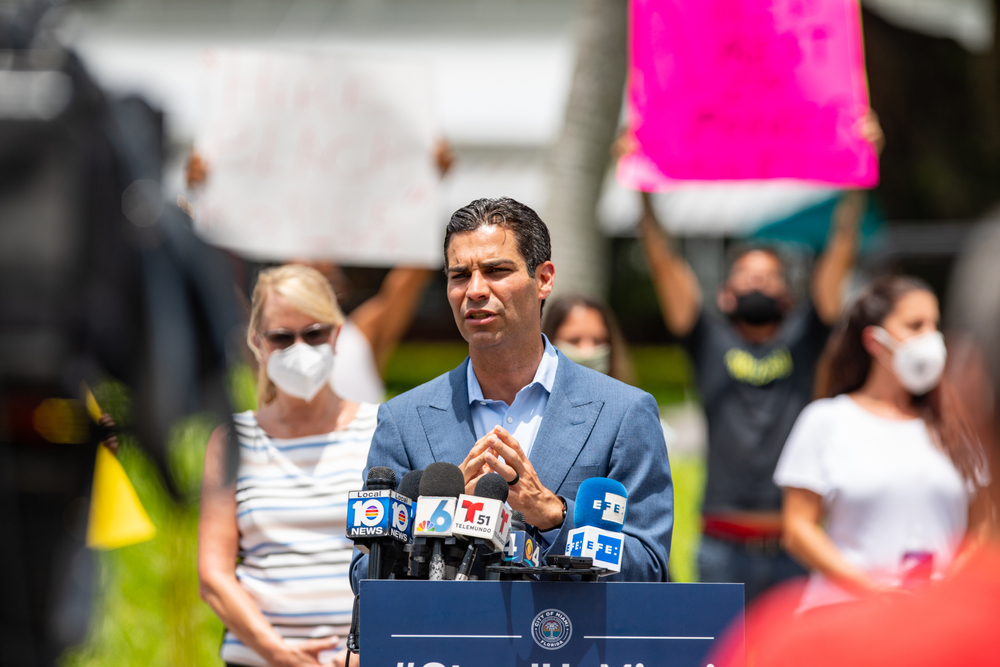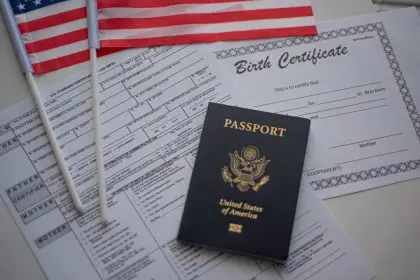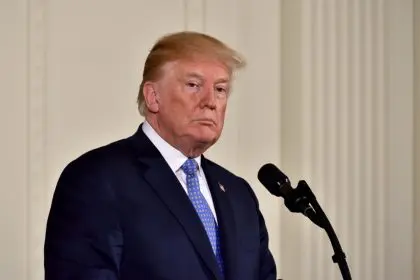City commissioners vote to delay November 2025 race by one year, drawing legal threats and constitutional challenges
Miami city commissioners have triggered a political firestorm by voting to postpone their November 2025 municipal election by an entire year, a decision that has prompted threats of legal action and raised serious questions about the move’s constitutionality.
The narrow 3-2 vote by the Miami City Commission has extended the terms of several officials well beyond their scheduled expiration dates, while critics argue the delay represents an unprecedented attack on local democratic processes.
Commission vote extends official terms
The controversial decision means Mayor Francis Suarez and Commissioners Joe Carollo and Christine King, who supported the postponement, will now serve until 2026 rather than seeing their terms end this year. Commissioners Ralph Rosado, Damian Pardo and Miguel Angel Gabela will have their terms extended to 2028 instead of 2027.
City officials have defended the delay as a measure designed to boost voter participation, though they have provided few specifics about how the postponement would achieve that goal. The commission has also cited potential cost savings of nearly $1 million as justification for the decision.
However, the financial argument has done little to quell mounting opposition from candidates, legal experts and civic groups who view the move as an abuse of power.
Legal challenges mount against city
Mayoral candidate Michael Hepburn has announced plans to file a lawsuit against Miami, arguing that the election delay violates state law and undermines fundamental democratic principles. His legal challenge represents the most significant threat to the commission’s decision.
Florida Attorney General James Uthmeier has also weighed in, warning Miami officials that their action may violate the state constitution by circumventing requirements for a public ballot referendum on such matters. The attorney general’s intervention adds state-level scrutiny to what began as a local political dispute.
Legal experts suggest the commissioners may have overstepped their authority by unilaterally changing election dates without proper voter approval, particularly given the proximity to the originally scheduled November vote.
Constitutional concerns emerge
The timing of the decision has intensified criticism, with opponents noting that altering election schedules fewer than five months before voting was set to begin raises serious questions about electoral integrity.
Hepburn has called for a ballot referendum that would allow Miami residents to directly decide on any changes to the city charter regarding election timing. His proposal would restore voter control over fundamental aspects of local governance.
The controversy has also highlighted broader concerns about civic engagement and representation in Miami’s political system. Critics argue that the commission’s action reflects a disconnect between elected officials and the communities they serve.
During recent public hearings, tensions have flared as residents expressed frustration with what they perceive as an erosion of democratic norms. The debate has touched on historical voting rights issues and the importance of protecting electoral access for all residents.
Broader implications for local democracy
The Miami situation reflects growing tensions nationwide over election administration and the proper limits of official authority. Local governance experts warn that unilateral changes to election schedules could set dangerous precedents for other municipalities.
Advocacy organizations focused on municipal governance have emphasized the importance of community engagement in any decisions affecting electoral processes. They argue that meaningful public participation requires transparency and genuine consultation, not after-the-fact justifications.
The controversy has also underscored the critical role that local elections play in American democracy, even as they often receive less attention than state and federal races.
Path forward remains uncertain
As legal challenges take shape, Miami faces an uncertain political future. The outcome of potential court cases could determine whether the election delay stands or whether residents will vote as originally scheduled.
The dispute has energized local political observers and candidates who view the commission’s action as a test case for democratic accountability at the municipal level. How Miami resolves this crisis may influence similar debates in other cities grappling with questions of electoral authority and community representation.
For now, Miami residents find themselves at the center of a constitutional showdown that extends far beyond typical local political squabbles, with implications that could reshape how cities across Florida and beyond approach fundamental questions of democratic governance.

















